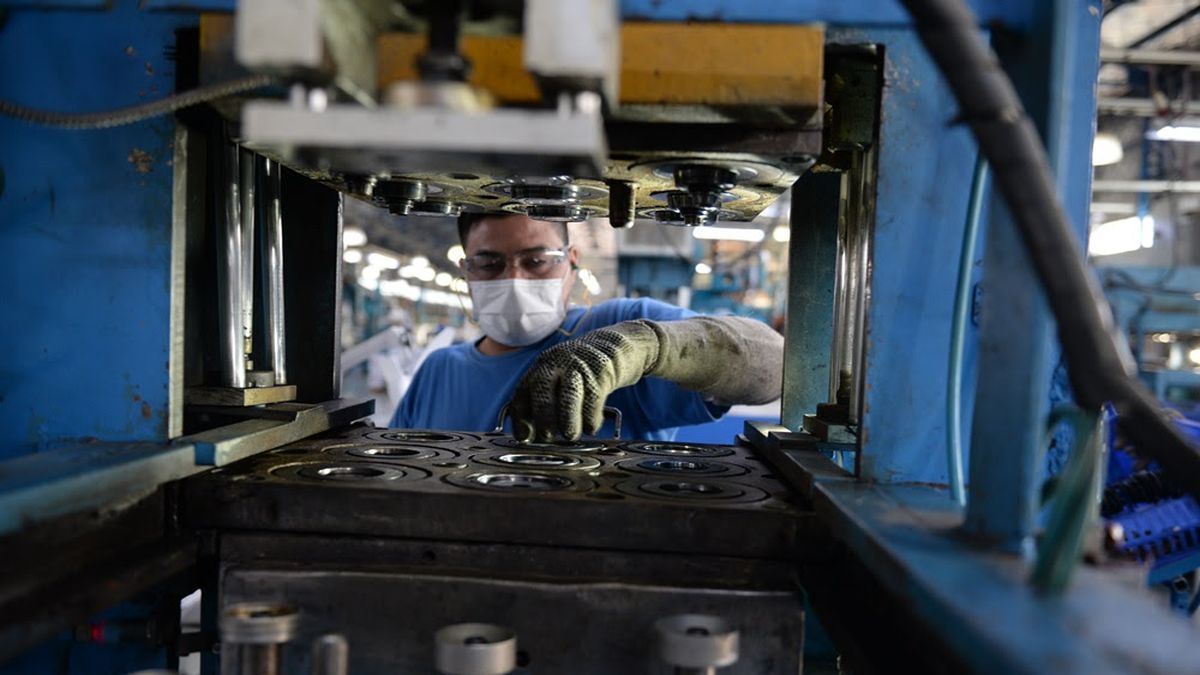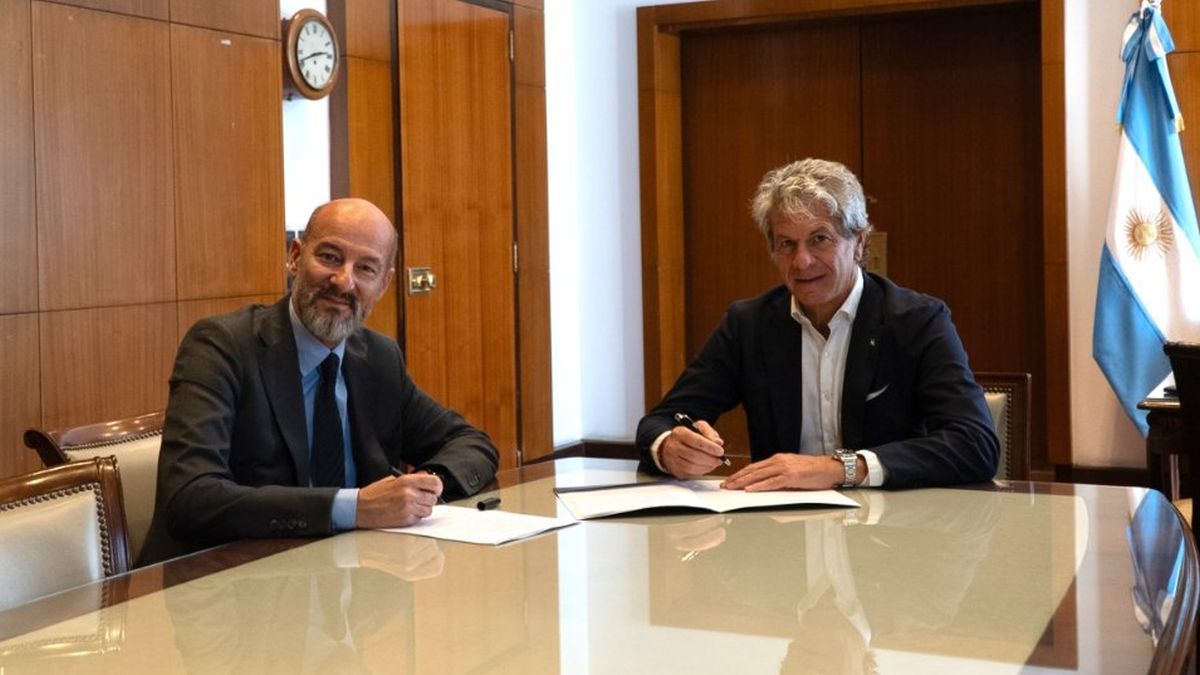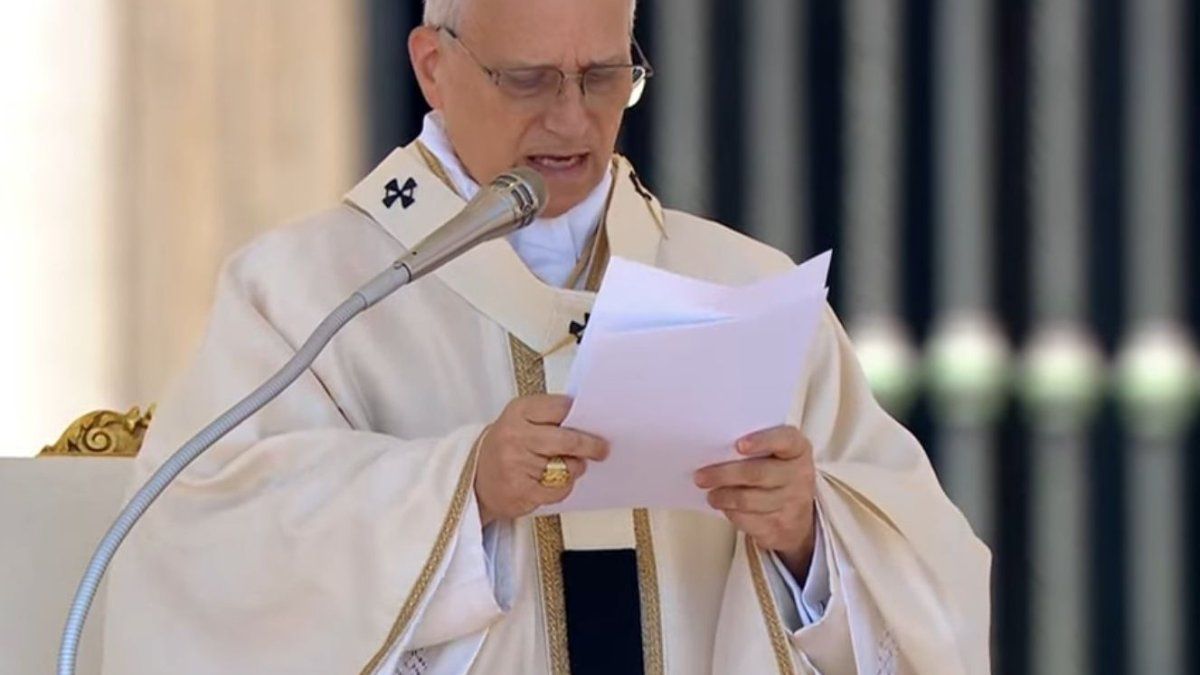“Argentina ranks 15th in the growth of its SMEs out of a total of 45 countries, and with these two lines of financing, we seek for the productive sector to increase its exports and save foreign currency through import substitution,” Kulfas said at the launch of the new financing lines for SMEs.
The minister explained that, despite some supply problems in Asia and the rising cost of freight, the path of production will be deepened to “restructure production networks, with great opportunities for SMEs.”
“With these lines (of financing) we seek to ensure that investment processes are not slowed down through subsidized rates,” the official stressed.
kulfas 1200.jpg
Who will the funds be for?
In this sense, he recalled that investment continues to grow and in the 2020-2021 period “productive investment was 30% higher than in 2019” and specified that “1,321 investment announcements were registered for a total of $50. 000 million”.
Kulfas assured that the “first quarter of this year was the most important in history in terms of export of goods.”
The financing lines announced this afternoon will have an initial quota of $50 billion for exports Y $20,000 million for import substitution.
Kulfas highlighted the context in which this public policy of support exporting SMEs and stressed that we are facing “geopolitical” changes and a “different stage of globalization” in which there are “shorter value chains” and “closer supply” networks.
“A lot of productive opportunities are opening up for the industries of Argentina, Brazil, and Latin America,” said Kulfaswho insisted on the importance of “recovering regional production networks.”
He stressed that this government management has “recovered financing” for SMEs and specified that between 2018 and 2019 “credit for SMEs fell 50%” and that in 2020, the first of the pandemic, 75% of increase in the interannual comparison and of 21% in last February compared to the same month of the previous year.
“SMEs are the most benefited by the expansion of credit,” said the ministerto then underline that “SME credit is double what it was at the end of 2019”.
Kulfas said that “today’s announcement resolves a key issue, which is to have a model of sustainable economic growth. Our growing economy demands more dollars and when that happens, economic growth begins to be hampered. We are looking for the growth of the productive sector contributes to economic sustainability, exporting more”.
He also announced that they will launch a line of credits for “incremental export” development to accompany the “export effort” that SMEs are already making, which last year exported US$10,000.
Kulfas urged the private sector to “work together in an Argentine production and work model; a model that we believe international conditions will be able to strengthen. It is industrial policy. None of this is magic, nothing is going to happen spontaneously.”
“If we can work together with industrial policy measures, we have already implemented 150, and you provide entrepreneurial capacity and investment projects, we are convinced that we are going to multiply jobs, investments and growth,” concluded the minister.
For his part, the secretary of SMEs, William Meredizindicated that so far in the management 1,200.00 credits have been delivered to micro-SMEs and SMEsa sector that he defined as “the great employers of Argentina”.
He also said that 99% of the SMEs that took the credits from the Emergency Assistance to Work and Production (ATP) complied with the payments; and that among them some 70,000 expanded their workforce.
Regarding the lines of credit for exports and import substitution, he indicated that they worked with “all the entities of the financial sector” both public and private banks.
The loans are for 60 months. In the case of export development, a fixed rate is foreseen, while for import substitution, a rate of 35% for three years was defined.
Source: Ambito
David William is a talented author who has made a name for himself in the world of writing. He is a professional author who writes on a wide range of topics, from general interest to opinion news. David is currently working as a writer at 24 hours worlds where he brings his unique perspective and in-depth research to his articles, making them both informative and engaging.




